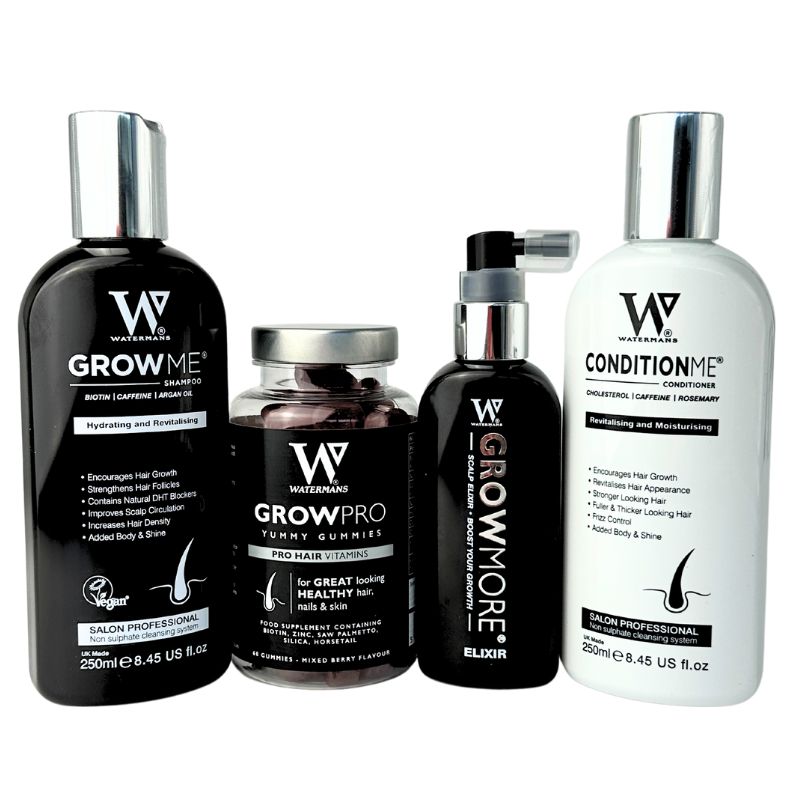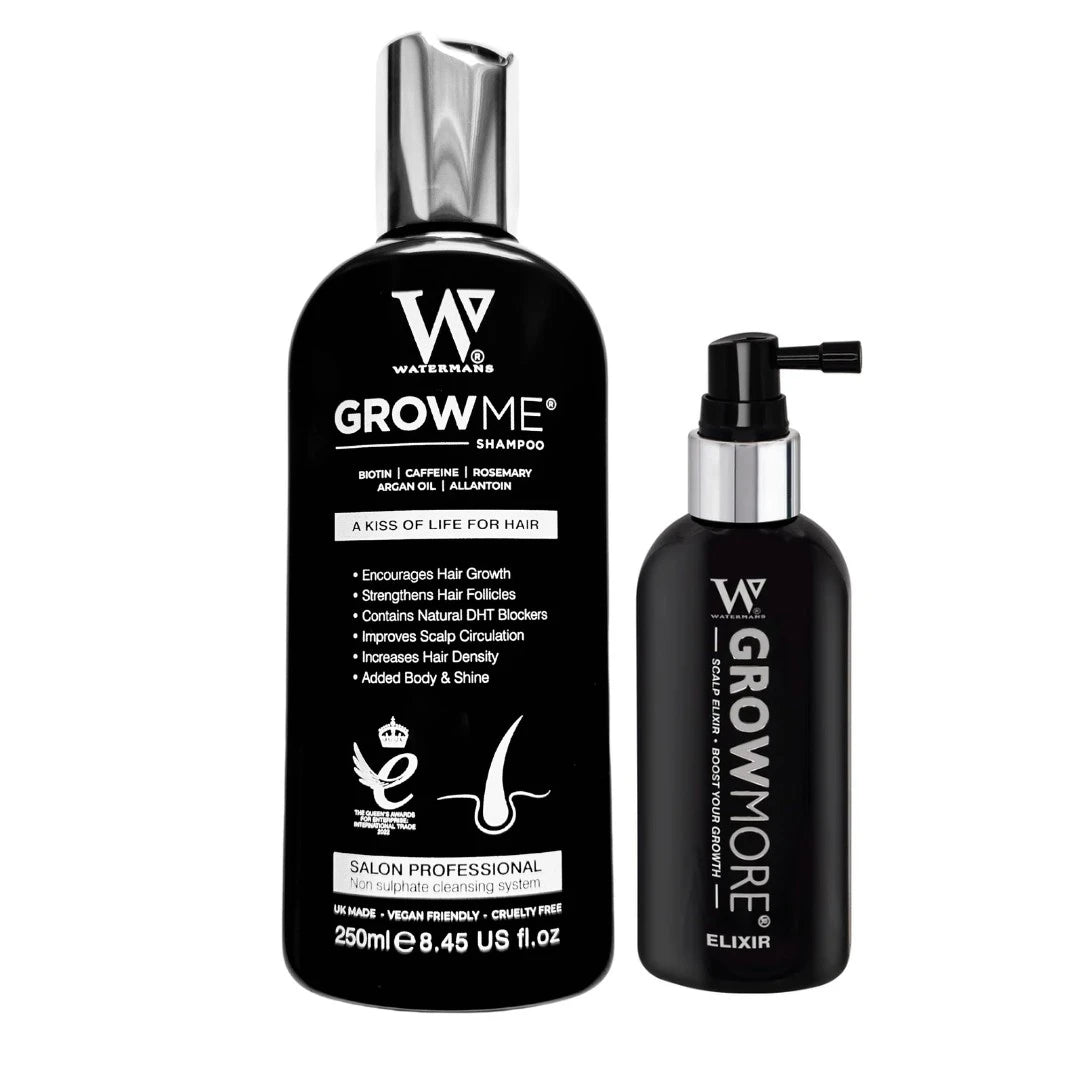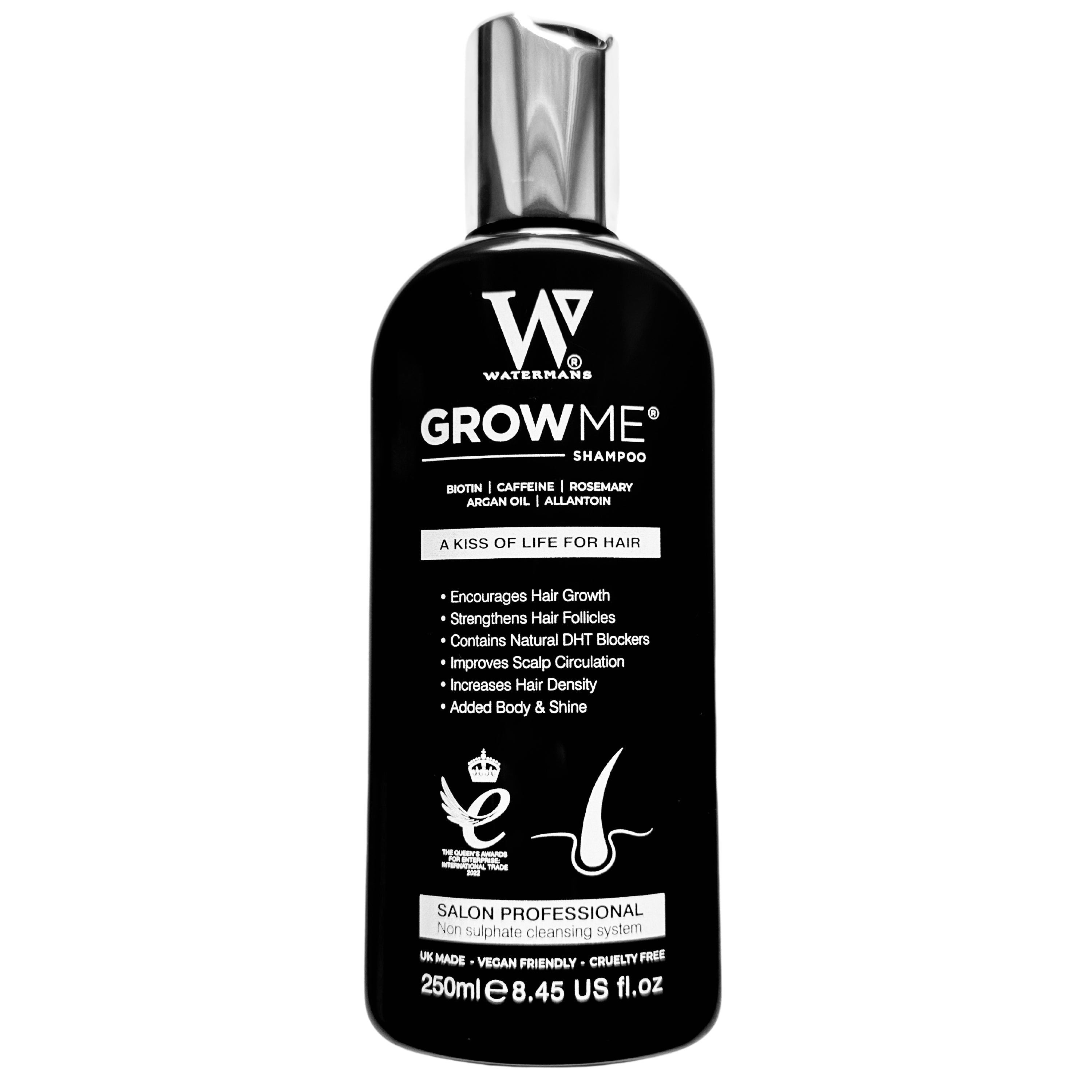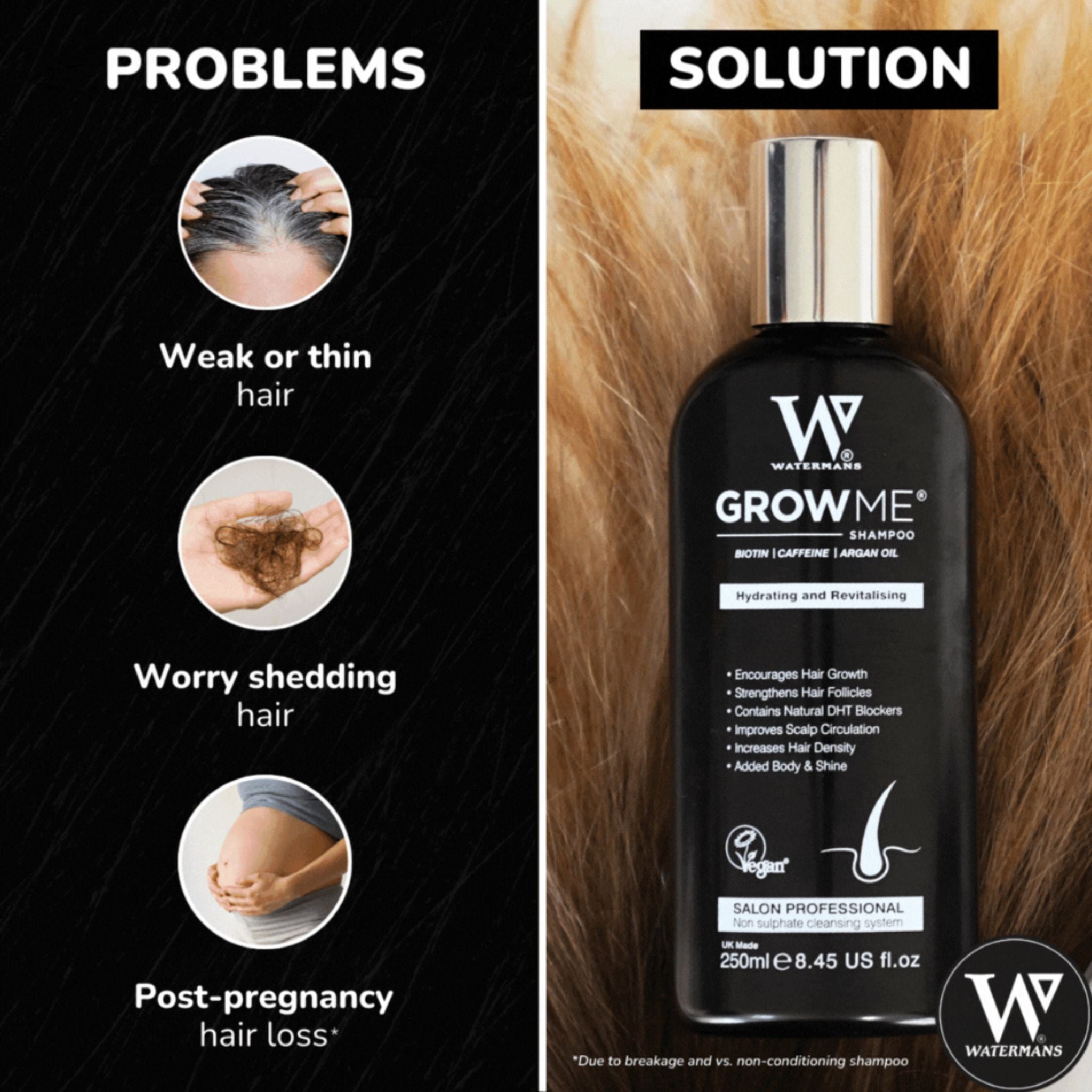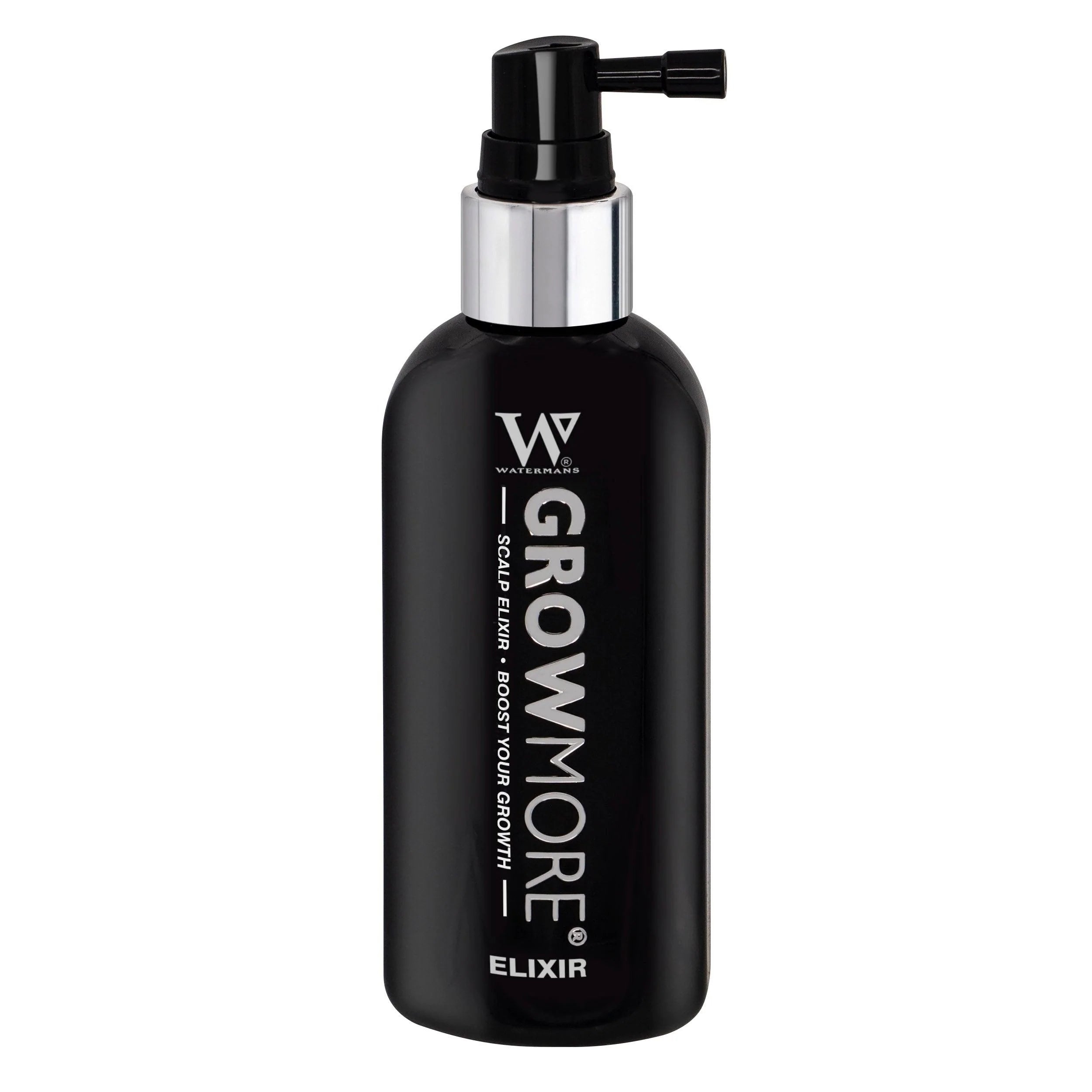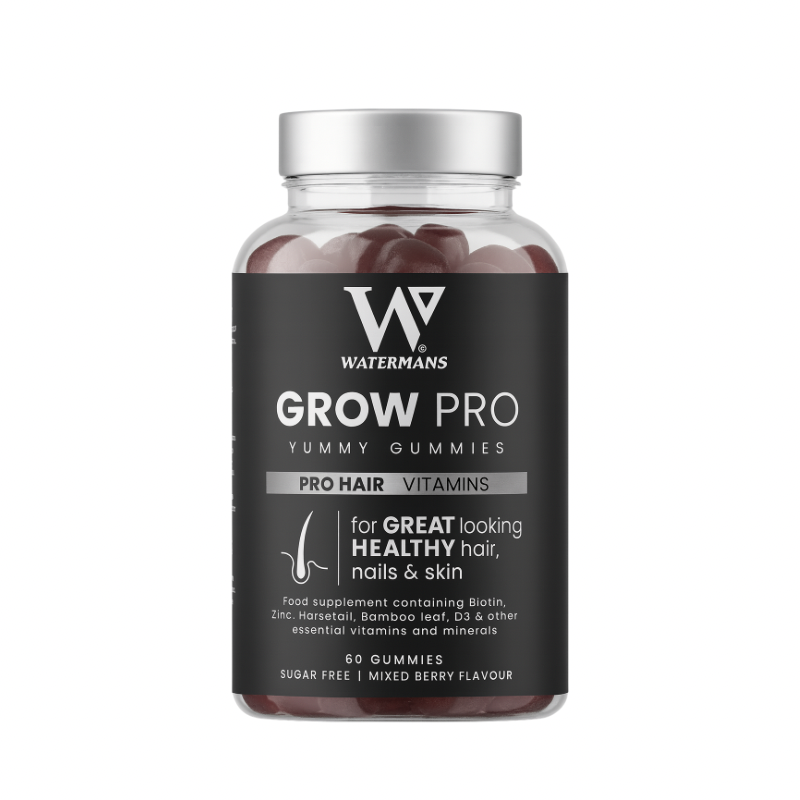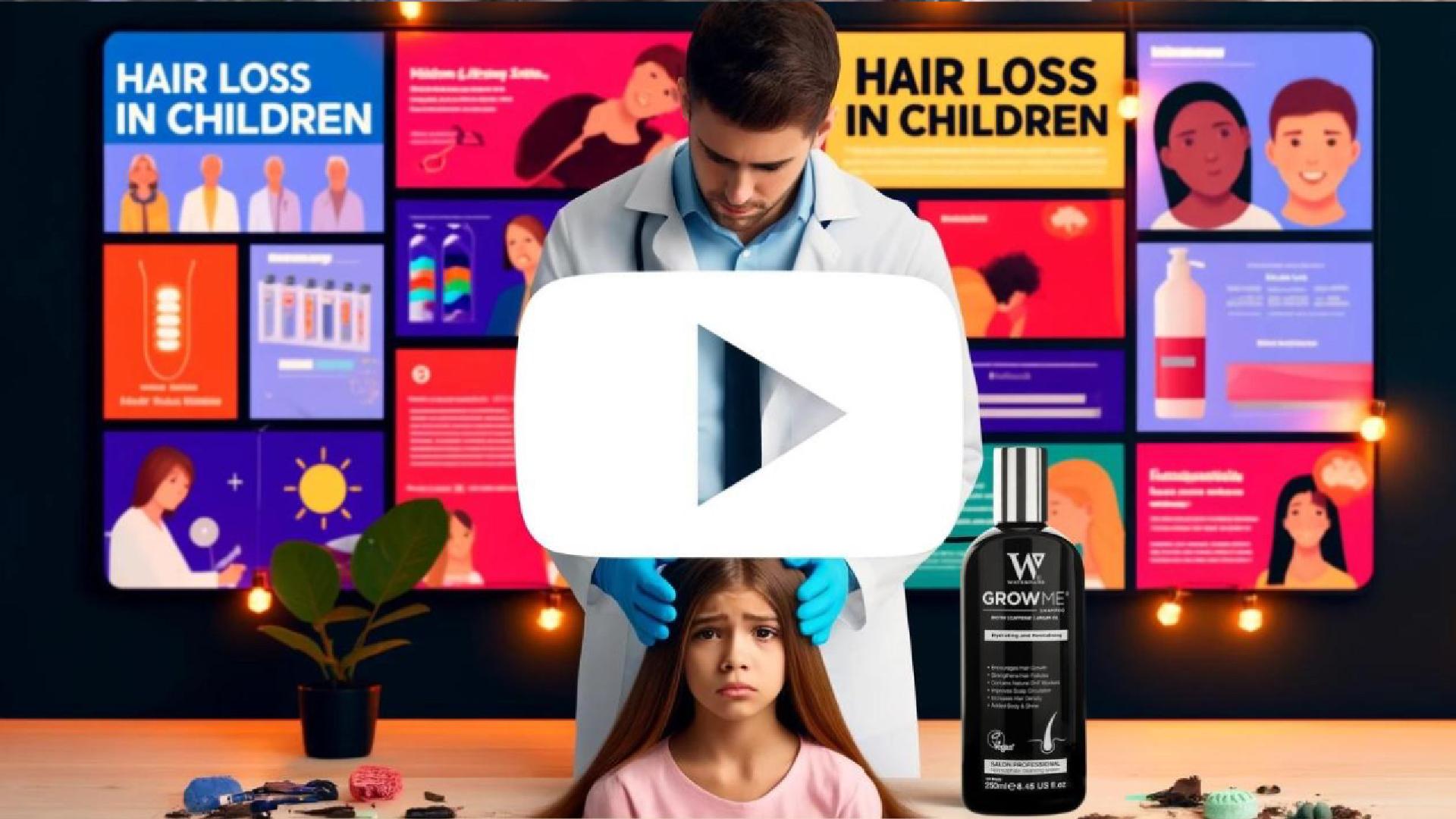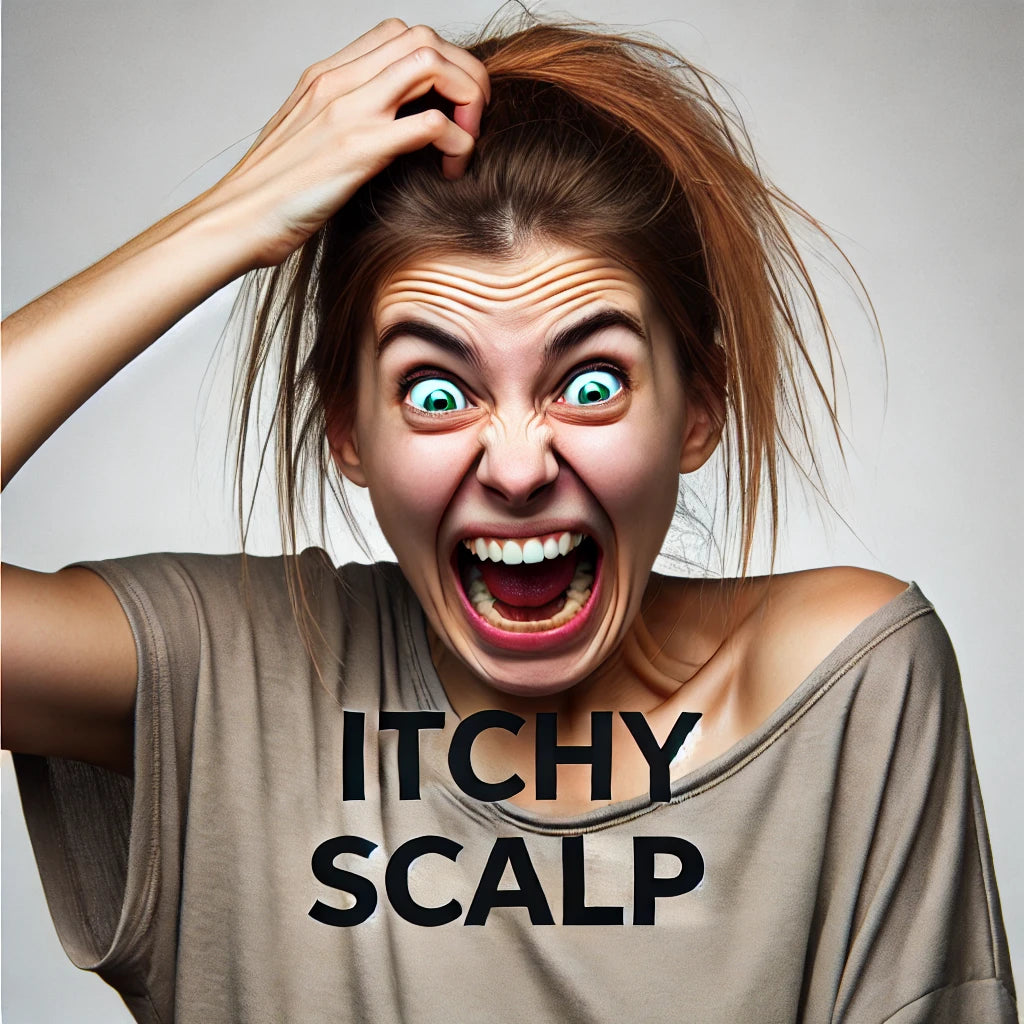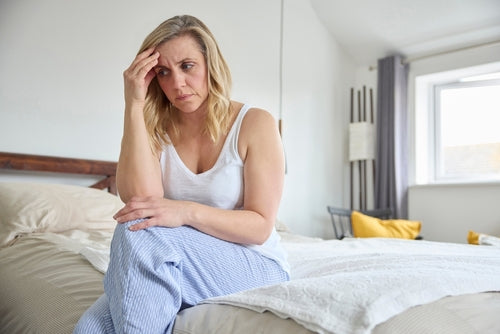
Hormone Replacement Therapy (HRT) and Hair Loss: What You Need to Know
Menopause brings about many changes in a woman's body, and one common but often distressing symptom is hair loss. As hormone levels fluctuate, many women experience thinning hair or increased hair shedding. For some, Hormone Replacement Therapy (HRT) can be a solution to this problem.
Understanding Hair Loss During Menopause
Hair loss during menopause is primarily due to the decline in estrogen and progesterone, hormones that help hair grow faster and stay on the head longer. When these hormones drop, hair grows more slowly and becomes much thinner. Additionally, the relative increase in androgens (male hormones) can cause hair follicles to shrink, leading to hair loss on the scalp and an increase in facial hair.
How HRT Can Help
HRT works by replenishing the body’s estrogen and progesterone levels, which can help counteract hair loss. Here’s how HRT can be beneficial:
- Restores Hormonal Balance: By increasing estrogen levels, HRT can help restore the hormonal balance that supports hair growth and reduces hair shedding.
- Improves Hair Thickness: Many women report an improvement in hair thickness and overall hair health while on HRT, as it helps in maintaining the natural hair growth cycle.
- Reduces Androgen Effects: HRT can help counteract the effects of androgens, preventing further miniaturization of hair follicles and reducing hair loss.
Considerations and Risks
While HRT can be effective in managing menopause symptoms, including hair loss, it’s essential to consider the potential risks:
- Cancer Risk: HRT has been associated with an increased risk of certain types of cancer, particularly breast cancer. This risk varies depending on the type and duration of HRT.
- Cardiovascular Health: There are potential risks to cardiovascular health, including increased chances of blood clots and stroke.
- Side Effects: Common side effects of HRT include bloating, breast tenderness, and mood changes.
Alternatives to HRT for Hair Loss
If you're concerned about the risks associated with HRT, there are alternative treatments available:
- Topical Treatments: Minoxidil (Rogaine) is an over-the-counter treatment that can help stimulate hair growth.
- Diet and Supplements: Ensuring a balanced diet rich in vitamins and minerals that support hair health, such as biotin, vitamin D, and iron, can be beneficial.
- Lifestyle Changes: Reducing stress through relaxation techniques and regular exercise can help improve overall hair health.
- Natural Supplements: Some supplements, like those containing phytoestrogens (plant-based estrogens), can help manage menopause symptoms without the risks associated with HRT.
HTR Hair Loss
Hair loss can be a challenging symptom of menopause, but understanding your options is key to finding the right solution for you. HRT may offer significant benefits for some women, but it’s essential to weigh the potential risks and discuss them with your healthcare provider. Whether you choose HRT or alternative treatments, managing hair loss effectively is possible with the right approach.





